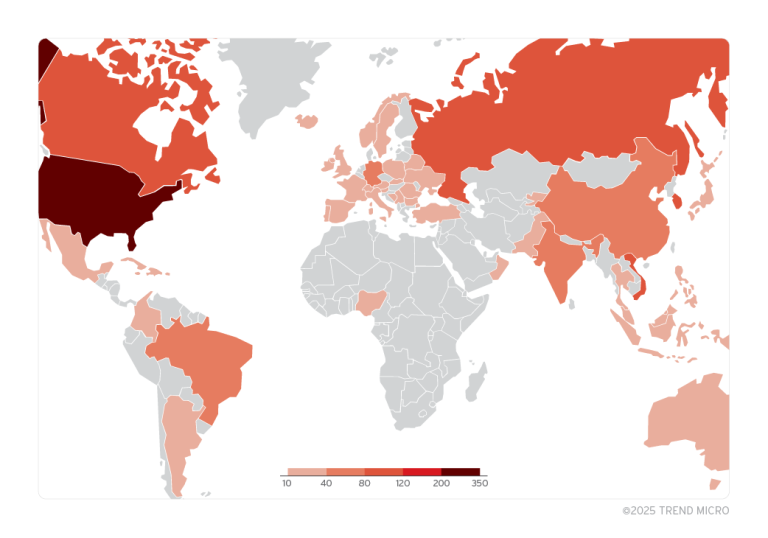
The Cisco Talos research team has disclosed newly discovered vulnerabilities in the Miniaudio library and Adobe Acrobat Reader. According to the published findings, these security flaws could lead to arbitrary code execution and the leakage of sensitive information.
Miniaudio Vulnerability (TALOS-2024-2063 | CVE-2024-41147)
Emmanuel Tacho, a security researcher at Cisco Talos, identified a critical vulnerability in Miniaudio, designated as TALOS-2024-2063 (CVE-2024-41147). The flaw stems from a lack of proper memory allocation checks, resulting in a buffer overflow and potential writes to uninitialized memory.
This vulnerability can be triggered by playing a specially crafted FLAC file, leading to memory corruption. Given that Miniaudio is a widely used C-language library for audio processing, this flaw could be exploited to compromise various applications relying on it.
Adobe Acrobat Reader Vulnerabilities
Meanwhile, another Cisco Talos researcher, known by the alias KPC, uncovered three distinct vulnerabilities in Adobe Acrobat Reader:
- TALOS-2025-2134 (CVE-2025-27163) and TALOS-2025-2136 (CVE-2025-27164) are out-of-bounds read vulnerabilities affecting the font processing mechanism. Exploitation of these flaws could lead to the exposure of sensitive data.
- TALOS-2025-2135 (CVE-2025-27158) is a more severe vulnerability involving the use of an uninitialized pointer, which could result in memory corruption and arbitrary code execution. To successfully exploit this flaw, an attacker would need to convince a victim to open a specially crafted PDF file containing a malicious font.
Security Patches and Recommendations
The developers of Miniaudio and Adobe have already released security patches addressing these vulnerabilities. All users are strongly advised to update their respective software to the latest versions to mitigate potential threats.
To detect exploitation attempts, Cisco Talos experts recommend using up-to-date Snort rules to enhance network defense measures.


